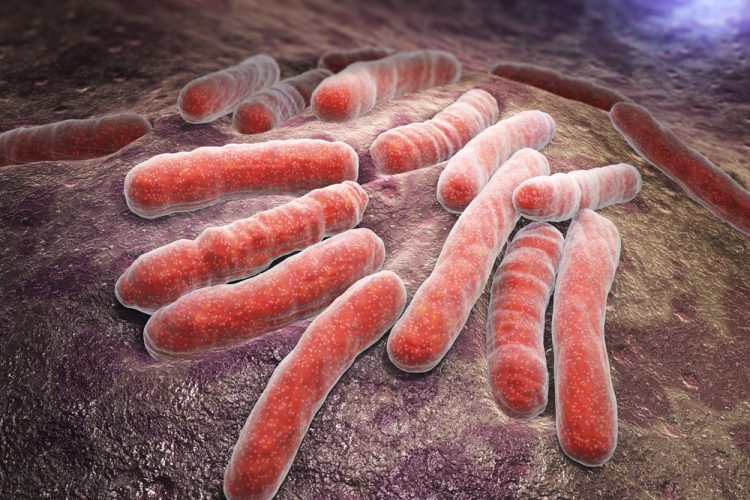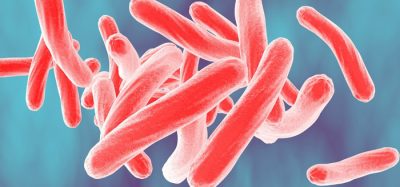Two compounds exhibit antibacterial properties against tuberculosis
Posted: 31 July 2020 | Victoria Rees (Drug Target Review) | No comments yet
Tested on two assays, researchers have shown that Redx03863 and Redx04739 can combat tuberculosis and do not lead to resistance.


Researchers who tested compounds for their potential as antibiotics report they demonstrated promising activity against tuberculosis.
A team from the John Innes Centre, UK, evaluated two compounds with antibacterial properties named Redx03863 and Redx04739, which had been produced by the company Redx Pharma as antibiotic candidates, particularly against tuberculosis, which is caused by the bacterium Mycobacterium tuberculosis. The two compounds were tested in antibacterial assays.
According to the researchers, one strategy in the search for new treatments for tuberculosis is to find compounds that exploit well-known existing targets for drugs such as the bacterial enzyme DNA gyrase. This member of the DNA topoisomerase family of enzymes is required for bacterial DNA functionality, so compounds that inhibit its activity are much sought after as antibiotic candidates.
Biomarkers are redefining how precision therapies are discovered, validated and delivered.
This exclusive expert-led report reveals how leading teams are using biomarker science to drive faster insights, cleaner data and more targeted treatments – from discovery to diagnostics.
Inside the report:
- How leading organisations are reshaping strategy with biomarker-led approaches
- Better tools for real-time decision-making – turning complex data into faster insights
- Global standardisation and assay sensitivity – what it takes to scale across networks
Discover how biomarker science is addressing the biggest hurdles in drug discovery, translational research and precision medicine – access your free copy today
Redx03863 and Redx04739 were also against their target, DNA gyrase, using DNA supercoiling and ATPase assays.
Using X-ray crystallography, the team elucidated the molecular details of the action of the compounds against their tuberculosis target.
They found that a very common mutation in DNA gyrase that causes bacteria to be resistant to a related group of antibiotics, the aminocoumarins, did not lead to resistance to the compounds under scrutiny here.
“We hope that companies and academic groups working to develop new antibiotics will find this study useful. It opens the way for further synthesis and investigation of compounds that interact with this target,” said Professor Tony Maxwell, one of the authors of the study.
The results were published in the Journal of Antimicrobial Chemotherapy.
Related topics
Antimicrobials, Assays, Drug Development, Research & Development
Related conditions
Tuberculosis
Related organisations
John Innes Centre, Redx Pharma
Related people
Professor Tony Maxwell








